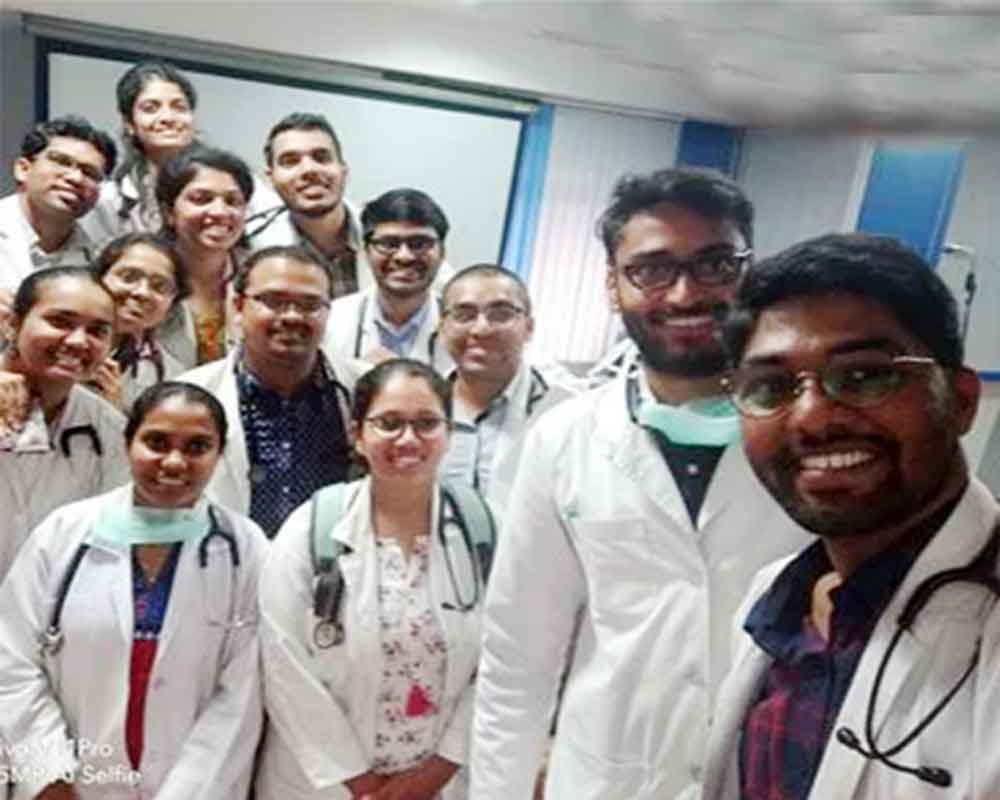As in other spheres, doctors are thinking about the need for humanising medicine
Indian society is in the process of humanising itself. Unattended systemic faults have dehumanised nearly all institutions. The victim is the citizen, the hapless individual who has no say in exercising his or her choice. Take a rape survivor, for instance. She is re-traumatised every time she is asked about the incident. Take the parents of a child in intensive care. It is tough to find a doctor who patiently tells them what is happening. Or, the prisoner who is nearing the end of his jail term. There is none to sound him out about rehabilitation measures. Things are changing, though. Some lawyers are taking up the cause of minimising the trauma and embarrassment of rape survivors by seeking limits on repeated bare-all questioning. There are efforts to make post-prison rehabilitation an integral part of the criminal justice system. Positive punishments, like ordering a felon to undergo community service, are being experimented with. Even in the corporate world, recruitment processes are being sensitised to do away with discrimination related to gender, race, class and social profiling. If there is one area where the human touch is essential but where commercialisation has nearly eroded human values, it is health care. Whatever the reason, whether crowded hospitals, limited infrastructure, urban-rural divide or affordability of medical services, an organisational culture is missing that empowers patients to be equal partners in the care-giving process.
Some senior doctors in the national Capital have come together to “introspect on the need for humanising medicine” and the tools to launch the process of change. Their basic philosophy is that modern medicine can treat and control complex diseases and yet it is also becoming “impersonal, cold, commercial and dehumanised”. A two-day webinar with global participants and top medical professionals this week discussed the factors that undermine human connections. Perhaps the first comprehensive exercise in India to protect patients from de-personalisation and provide patient-centred care, it can pave the way for a convivial patient-caregiver relationship that can reduce avoidable suffering in hospitals. Millions of patients have the same sordid tales of insensitivity of medical staff and doctors, inadequate time for patients, dismissive attitudes, keeping patients in the dark about the nature of the disease or treatment processes, failure to follow best practices, insufficient communication, lack of transparency, empathy and information and even insensitive behaviour. The medical professionals need to step outside their roles and observe themselves to pinpoint the shortcomings. Constant engagements with patients and families on smoother collaboration are called for. The idea is not to undermine patients, their doubts, confidence and trust. At the same time, patients’ families should also be convinced to follow civic protocols and not resort to intimidation and violence.
























